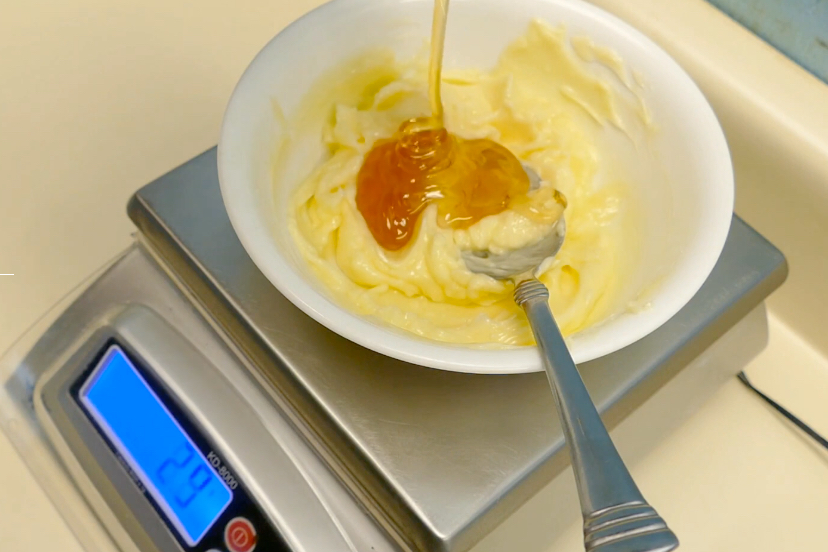A natural cough remedy using honey is more effective than over-the-counter medications. But this natural cough suppressant comes without any side effects.
And you can make this homemade cough syrup yourself; the recipe is very simple. All you have to do is open a jar of honey.
Nothing New but the Proof
Through the ages, countless people have attested to the medicinal properties of honey.
Honey has been used for thousands of years for a myriad of medicinal purposes – including use as a natural sore throat remedy and as an ingredient in natural cough remedies.
But for the most part, there’s been very little scientific evidence lending credibility to the concept of using honey for medicinal purposes.
In recent years, though, that has begun to change.
Medical science is beginning to take notice of the medicinal value of honey, and studies are beginning to compile a considerable amount of evidence about the value of honey in various fields of medicine.
Pennsylvania State University’s Ground-Breaking Study…
In 2007, Pennsylvania State University completed a double-blind study that proved the effectiveness of honey as a natural cough suppressant.
The study was published in the Archives of Pediatrics and Adolescent Medicine.
It reported that children who were given a small dose of buckwheat honey coughed less frequently, less severely, and also slept better than children who received either a common over-the-counter cough medication (dextromethorphan) or nothing at all.
The lead author of the study, Dr. Ian Paul, stated that this was “the first time honey has been actually proven as a treatment.”
The researchers believe that the antioxidants in the honey are probably a factor in its effectiveness, along with the soothing, coating effect of the honey.
Honey is also known to possess natural antibiotic properties.
But it’s likely that we don’t fully understand yet all of the ways in which honey provides a healing effect.
The Benefits of a Natural Treatment
Using honey as a natural cough remedy avoids concerns about the potential side effects of over-the-counter medications. These include restlessness, dizziness, vomiting, and stomach pain.
And these side effects aren’t limited to children; they’re also common in adults who take the medications.
In fact, the U.S. Food and Drug Administration now recommends that over-the-counter cough medications not be given to very young children at all.
It should be noted, though, that honey also shouldn’t be given to infants under 1 year of age due to concerns about infant botulism.




